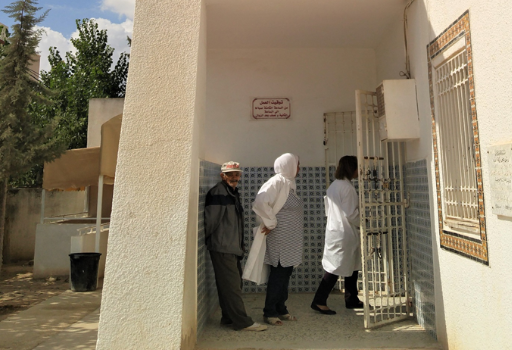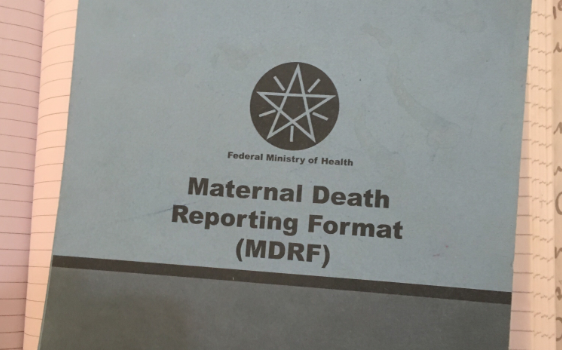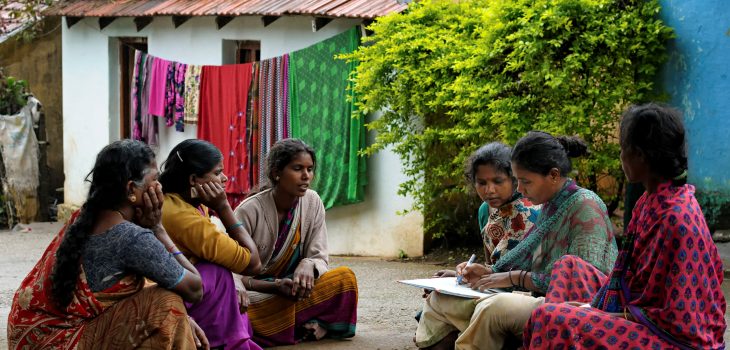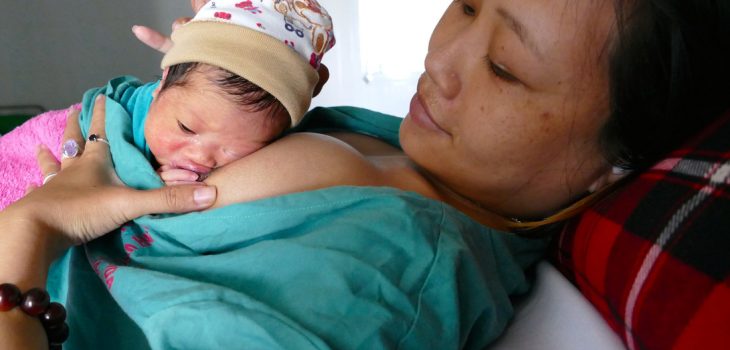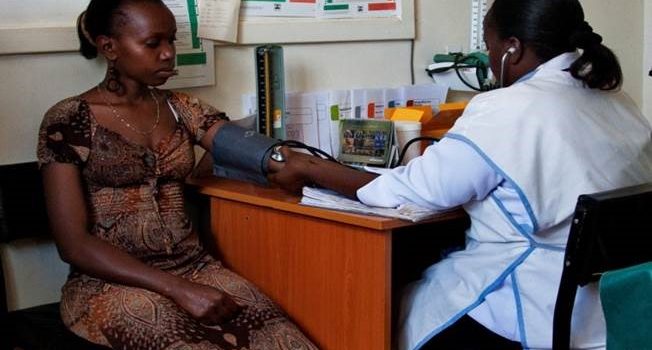By Jessica Spagnolo (School of Public Health, IRSPUM, Université de Montréal)
Global mental health aims to increase access to mental health care and to encourage the social inclusion of people living with mental ill health by promoting services as close as possible to people’s communities. This view also…











